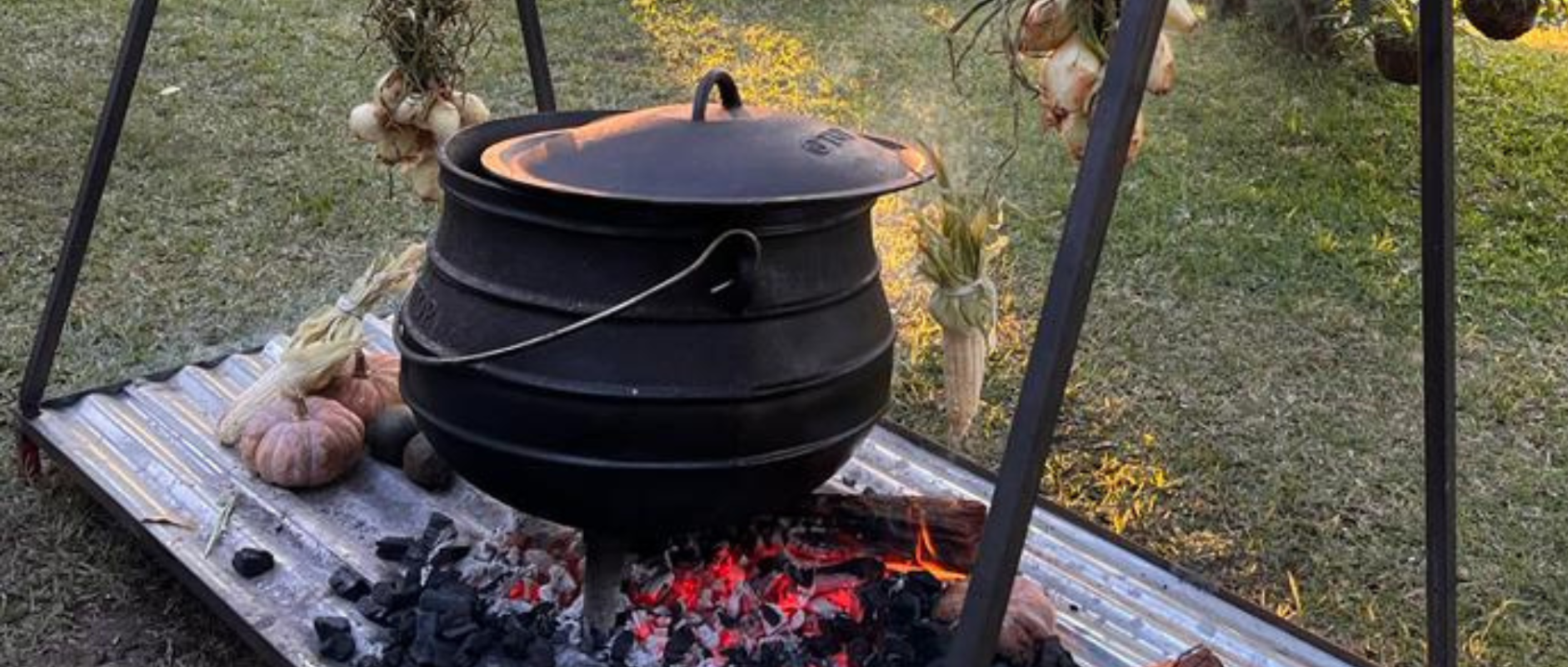Rewild Your Diet – Learning to Live Sustainably In Harmony With Nature

Rewild Your Diet – Learning to Live Sustainably In Harmony With Nature
The theme of this year’s World Environment Day is Only One Earth - Living Sustainably in Harmony with Nature.
In support of this theme, the UN Environment Programme and Sweden released a Practical Guide. The Guide suggests numerous actions that communities, companies and citizens can take. However, it misses some of the wildlife actions we can take. Here are a few suggestions on how to start to live in harmony with nature by rewilding your diet.
Eat wild meat – On Africa Day, 25 May, Oppenheimer Generations Research and Conservation hosted a Taste of Game dinner in Victoria Falls, Zimbabwe, where invited guests ate grilled eland, impala, kudu, and warthog. As one news report on the event noted, “Who knew game meat was that good, especially that which is found in Zimbabwe?”
Eat wild plants – Earlier on Africa Day, the African Wildlife Economy Institute hosted a Dialogue on Growing Zimbabwe’s Wild Food Sector which also looed at the potential for increasing the use of edible wild plants. One study estimates that there are over 200 wild food plants in Zimbabwe including baobab, batoka plum, pigweed, spider flower, and bitter monkey-orange.
Eat wild fish – Actually many of us already do! The FAO reports that “globally fish provides about three billion people with almost 20 percent of their average per capita intake of animal protein, and 4.3 billion people with about 15 percent of such protein.” Marine and freshwater fish are harvested globally for personal consumption and for commercial markets.
Drink wild tea – In most countries, you will find wild plants that can make excellent tea. In South Africa, for example, rooibos and honeybush are two popular teas that still can be wild harvested. Of, if you prefer coffee, wild coffee can be sourced from Ethiopia.
Drink wild spirits – The recently launched Victoria Falls Gin uses local ingredients such as Baobab seed and Buffalo Thorn Tree honey. Several boutique gins produced in South Africa contain botanicals from the Western Cape’s unique fynbos plant kingdom.
Cook with wild wood – Wood has been the main source of energy since prehistoric times. The FAO reports that “Today it is still the most important single source of renewable energy providing about 6 percent of the global total primary energy supply. More than two billion people depend on wood energy for cooking and/or heating, particularly in households in developing countries.”
For many thousands of years, we have hunted, fished, and foraged for our food. A return to sourcing food from the wild, if done responsibility, can generate new economic value from wildlife areas and, in so doing, conserve nature, create jobs, mitigate climate change, and enhance well-being. Rewilding your diet could be a key step to learning how to live more sustainably in harmony with nature.
Author: Dr Francis Vorhies - AWEI Director
No authors to show
Get updates by email
Through impactful research, stakeholder engagement, and professional development, AWEI is supporting the wildlife economy across Africa. Please subscribe for occasional updates on our work and forthcoming events.
Sign up for a quarterly dose of AWEI insights
In a complex and changing world, AWEI generates strategic ideas, conducts independent analysis on wildlife economies, and collaborates with global scholar-practitioners to provide training and expertise for biodiversity conservation, climate resilience, and inclusive economic opportunities in Africa.




